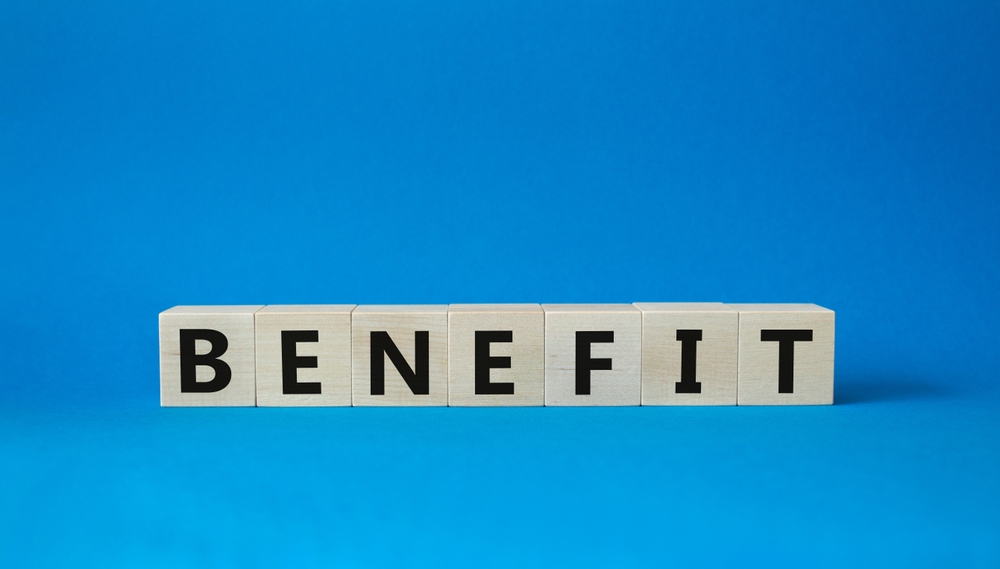Plaintiff MUST Confer Direct Benefit on Defendant to Prove Unjust Enrichment

“The elements of a cause of action for unjust enrichment are: (1) plaintiff has conferred benefit on the defendant, who has knowledge thereof; (2) defendant voluntarily accepts and retains the benefit conferred; and (3) the circumstances are such that it would be inequitable for the defendant to retain the benefit without paying the value thereof to the plaintiff.” CFLB Partnership, LLC v. Diamond Blue International, Inc., 47 Fla.L.Weekly D1812a (Fla. 3d DCA 2022).
Regarding the first element “plaintiff has conferred benefit on the defendant,” the benefit conferred must be DIRECT and NOT an indirect benefit.
Irrespective of whether or not I agree with this concept (and I don’t), this direct benefit element in an unjust enrichment claim was confirmed in CFLB Partnership. In this case, the plaintiffs loaned $2 million to a defendant for purposes of a development project. In exchange, the plaintiffs received promissory notes from the defendant. The defendant transferred the money it received to another company as a capital contribution in which it served as one of two members (this other company is referred to as “Partnership”). The defendant never repaid the loan. The plaintiffs sued the Partnership for unjust enrichment. The plaintiffs claimed the defendant and Partnership were related entities with the defendant owning 50% of Partnership, and they shared the same manager, officers, directors, corporate counsel, and office space. The plaintiffs asserted that “their funds were used by Partnership in connection with the development and operating needs of the Property and that Partnership did not contest receipt of the $2 million from Plaintiffs.” These facts were not disputed and both the plaintiffs and Partnership moved for summary judgment against the other on the plaintiffs’ unjust enrichment claim.
On appeal, the appellate court found in favor of the Partnership holding that the plaintiffs could not prevail on the unjust enrichment claim because the plaintiffs conferred no direct benefit on the defendant. “Here, no such direct benefit was conferred. The undisputed facts establish that Plaintiffs each loaned $1,000,000 to [defendant], they transferred these funds to [defendant’s] account, and they received individual promissory notes executed by [defendant] in exchange. Based on these undisputed facts, Plaintiffs cannot establish that they conferred a direct benefit on Partnership.” CFLB Partnership, supra.
The appellate court did make a noteworthy point. That point was that the plaintiffs never sought to pierce the corporate veil against the defendant to assert a claim against Partnership even though the plaintiffs alleged Partnership was a related entity of the defendant:
While we recognize it is also undisputed that [defendant] and Partnership are related entities, Plaintiffs did not seek to pierce the corporate veil in the underlying proceedings. Partnership and [defendant] are limited liability companies, which are corporate entities that provide limited liability akin to the corporate form and are considered distinct from the persons (or in this case, companies) that comprise them. Plaintiffs did not allege or prove the factors necessary to “pierce the corporate veil” here, and without a piercing of the corporate veil a direct benefit from Plaintiffs to Partnership cannot be shown. Although the undisputed facts here may, understandably, be viewed as evidence of inequitable circumstances warranting a finding of unjust enrichment, without evidence demonstrating that a direct benefit was conferred on Partnership, Plaintiffs’ claims of unjust enrichment necessarily fail as a matter of law.
CFLB Partnership, supra (internal citations omitted).
Please contact David Adelstein at dadelstein@gmail.com or (954) 361-4720 if you have questions or would like more information regarding this article. You can follow David Adelstein on Twitter @DavidAdelstein1.




